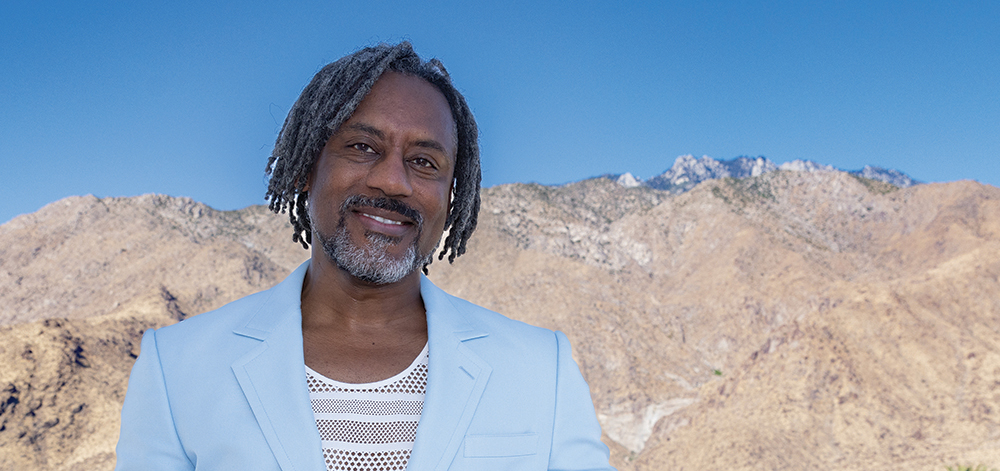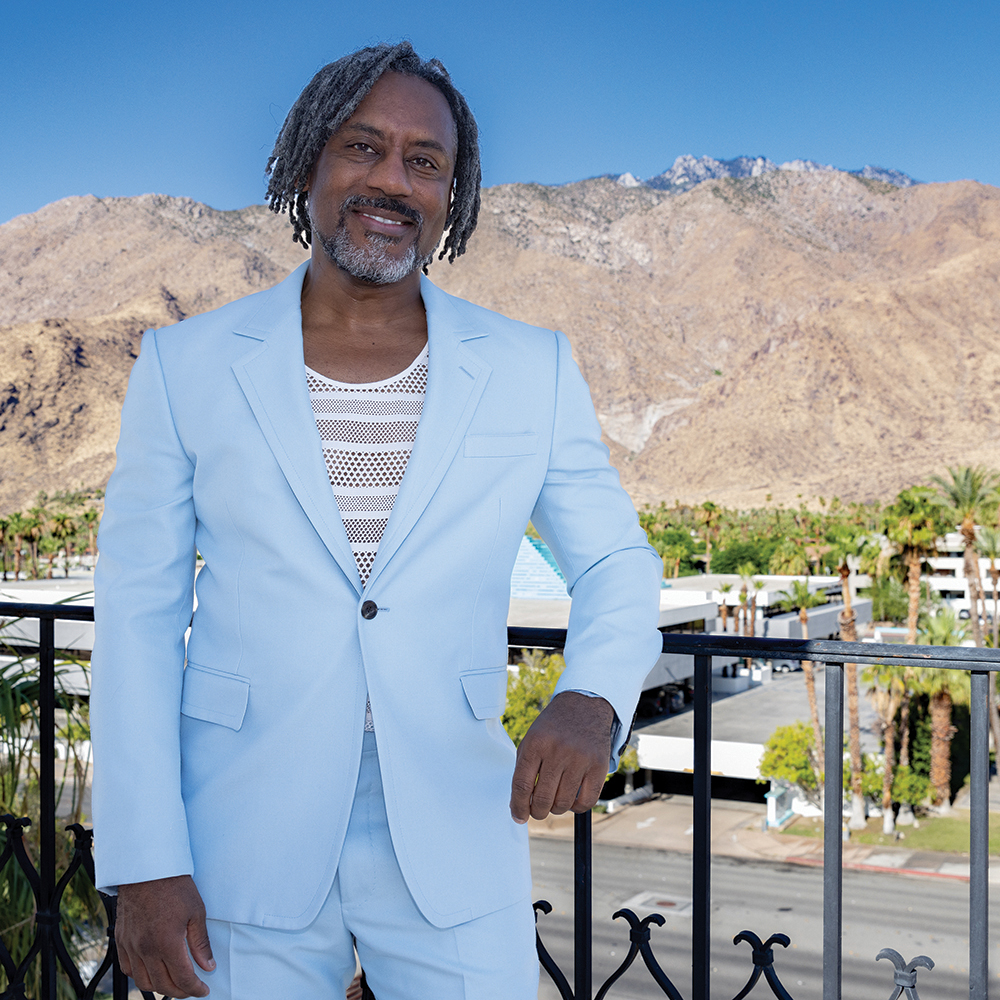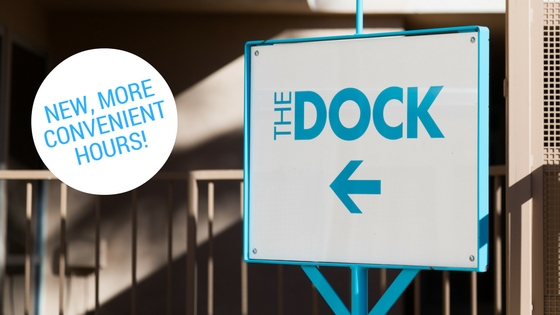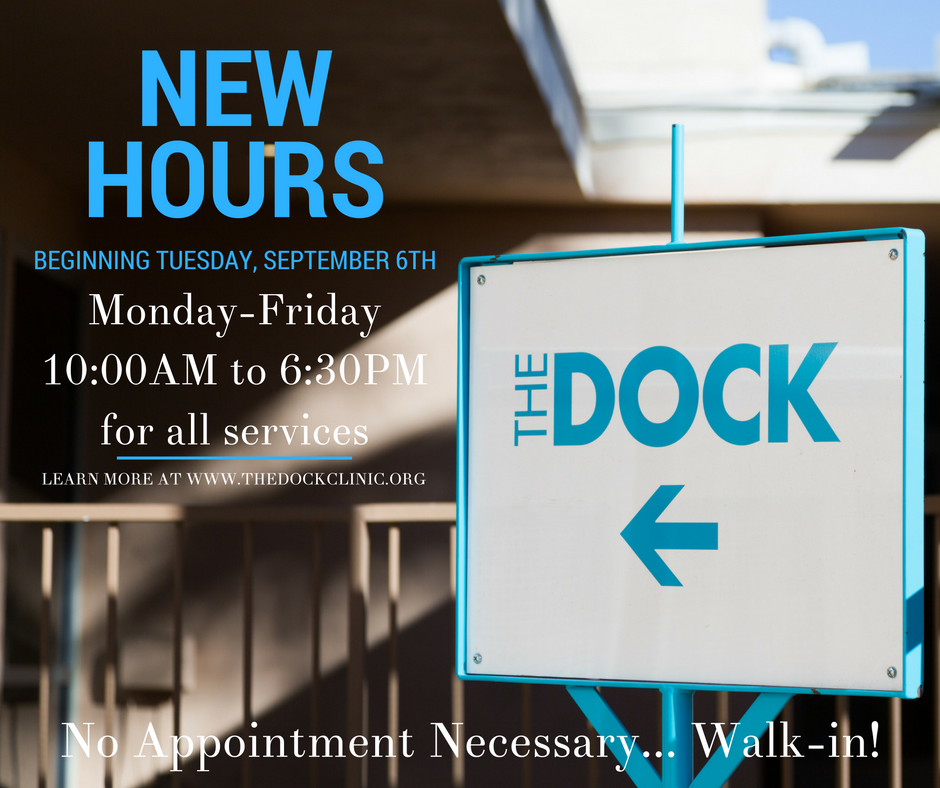
A New Outlook
For Desert Healthcare District and Foundation Director of Communications and Marketing Will Dean, it’s all about showing up.
Words by Daniel Hirsch • Photos by Lani Garfield
As seen in Issue 4 of DAP Health Magazine
Will Dean knows how to deliver a message to people. “It’s about meeting people where they are, whether that’s in their actual workplace, like the farm fields, or in their churches,” he says.
Meeting People Where They Are
As director of communications and marketing for the Desert Healthcare District and Foundation, Dean’s job is to raise awareness about the efforts of the District’s partners to equitably advance health and wellness throughout the Coachella Valley.
For him, meeting people where they are takes many forms. It’s in standard communications work: relaunching a website, drafting press releases, updating social media. Or it could mean promoting farmside mobile clinics to ensure agricultural workers have access to vaccines, as Dean did for the District throughout the COVID-19 pandemic.
Communication as Key to Healthcare Access
As Dean explains, health care access relies on communication — about what people needing care understand about their resources, and about what providers are able to hear from prospective patients. “Not everyone has the same opportunity to access care. There are barriers that people face, such as language barriers or lack of transportation,” he says. “Listening to people and their stories is so important to understanding why they may not seek care.”
Advocating for Equal Access
Dean’s ability to communicate on behalf of health care campaigns has benefited DAP Health. Since 1999, the nonprofit has received $3.5 million from the District’s grant program. This funding has supported everything from efforts to computerize patient records to running an HIV-testing van parked outside of gay bars.
According to former District CEO Dr. Conrado Bárzaga, Dean effectively advocates for equal access to health care because he’s committed to hearing directly from the people that benefit from it.
“He goes to the homeless encampment where we’re serving those community members… It really enhances the work, to tell the stories from a very truthful perspective,” says Bárzaga. “He’s someone who is always looking to do what’s right, to communicate in a very sensitive manner the importance of bringing equity to the distribution of health care.”
From Journalism to Healthcare Advocacy
Dean’s sensitivity for reaching people comes from a decades-long career as a journalist. It may also come from the acute understanding of the experience of not always being the recipient of the stories and media that one might want or need.
Growing up in the 1970s in Hardinsburg, Kentucky — a rural county seat with a population of roughly 2,000 people — Dean was a voracious magazine reader. He’d read anything he could grab, from Reader’s Digest to TV Guide. But as a young Black person who knew he was gay from an early age, Dean would rarely see himself reflected in the media he consumed. Copies of Jet and Ebony provided what Dean describes as “a variety of examples of Black excellence and possibility,” but finding Black LGBTQ+ stories proved harder.
The eye for good writing and deep appreciation for meaningful representation stayed with Dean throughout his journalism career, starting in his 20s at the Park City Daily News in Bowling Green, Kentucky and working for papers like the Savannah Morning News.
After a mid-career Knight Fellowship at the University of Missouri School of Journalism, Dean landed in Palm Springs for a community editor role at Gannett daily The Desert Sun. There, he fulfilled a dream he’d had ever since he was that magazine-devouring boy: running a magazine all his own. From 2012 to 2018, he edited Desert Outlook, a monthly LGBTQ+ publication published by his employer.
“It came about because our then executive editor, Greg Burton, called all the editors into a meeting and asked us if we thought an LGBTQ+ publication would work here,” says Dean. “And, if I recall correctly, everyone said no — except me.”
Starting in 2012, Dean ran Desert Outlook with a passionate meticulousness, leading a small team of writers and designers. The monthly printed stories on same-sex marriage and the migration of HIV patients to the desert. Dean fondly remembers interviewing actor Cheyenne Jackson, who gave Dean an equally memorable muscle-bound hug. It was a public-facing role that had Dean attending events multiple times a week— restaurant openings, political gatherings, theatre premieres, and more.
“He had high standards, and he was very conscientious about basically everything he did,” says Michael Jortner, an Outlook contributor and longtime friend of Dean. “He would be on every photo shoot to make sure it was as close to what he was looking for. And it was the same with the writers.”
Transition to Healthcare Leadership
After Outlook published its last issue in May 2018, Dean didn’t stop to rest. He started work at the District that June. He filled a position that has made great use of his journalism skills and editorial eye, overseeing the publication of the District’s first history book — telling the story of how the foundation formed in 1948 to build Palm Springs’ first hospital, only to grow to grant $80 million to local health care nonprofits. Working with Riverside University Health System, Dean is poised to launch a public health campaign about harm reduction related to fentanyl overdosing.
The demands of Desert Outlook and the District pushed Dean to take a “social hibernation” from the arts, culture, and community events that have so defined his time in Palm Springs. (Dean has also been on the boards of various organizations, such as Dezart Performs and Brothers of the Desert.) It’s a slow-down that Dean says he’s newly emerging from. Recently, he’s worked on his own writing projects, such as contributing a profile of jazz drummer Daniel “Big Black” Ray to Palm Springs Life.
Embracing Diversity and Inclusion
Dean is also launching a new, roving social club called The Mix Palm Springs, which focuses on fostering and celebrating diversity in social spaces. A recent summer camp-themed event at resto bar Reforma featured the lawn game cornhole (AKA bean bag toss) and s’mores. “It’s highly curated at the moment,” says Dean of this new venture, which is currently open by invitation only. “But that’s also part of ensuring that people know it’s a safe, welcoming space.”
Attention to detail. Respecting people’s needs. Showing up. All in a day’s work for Will Dean.











